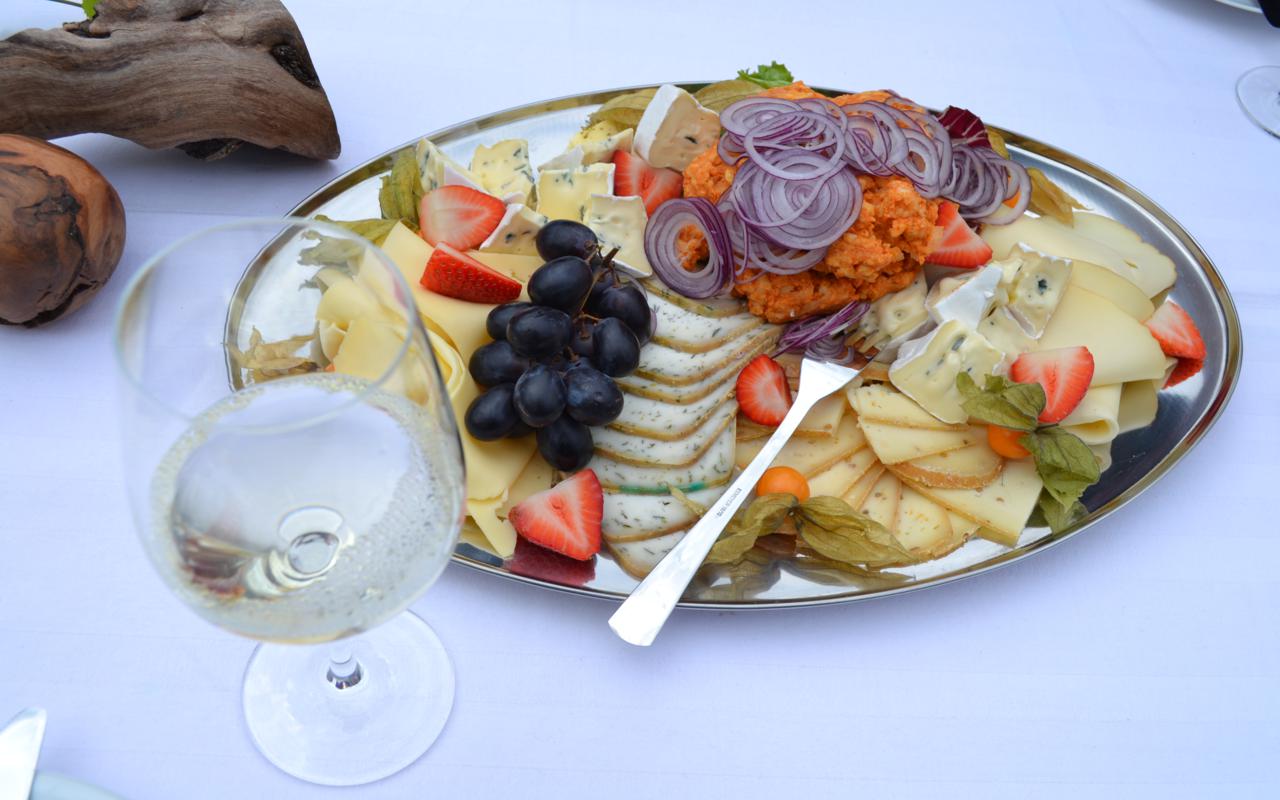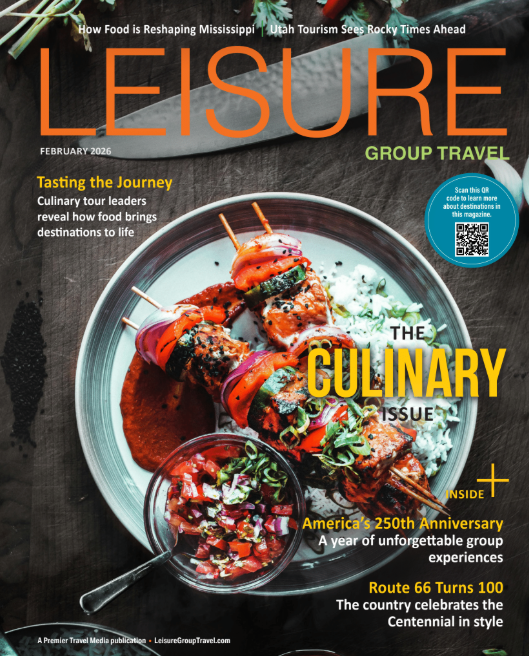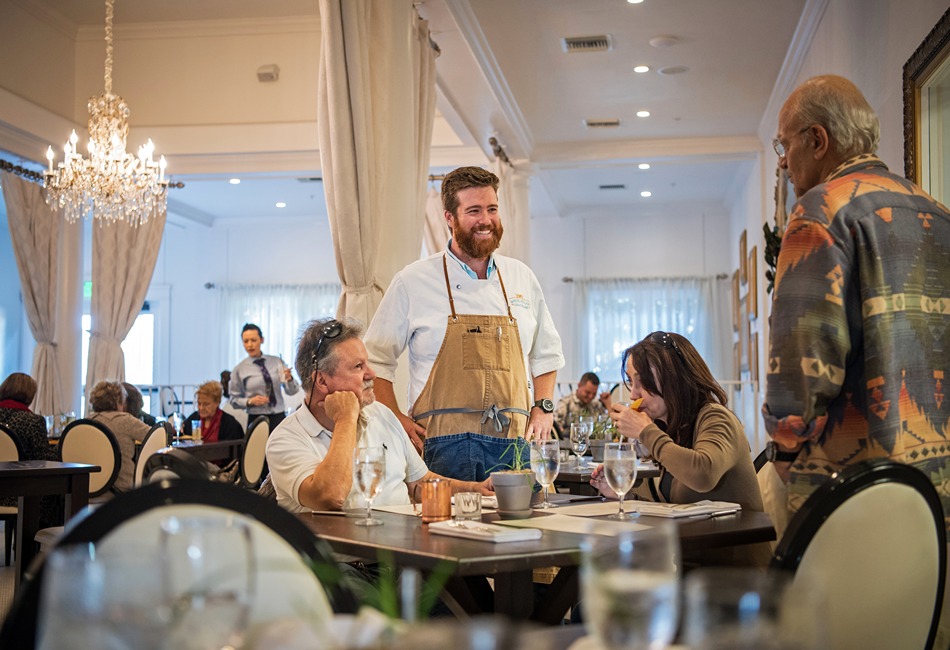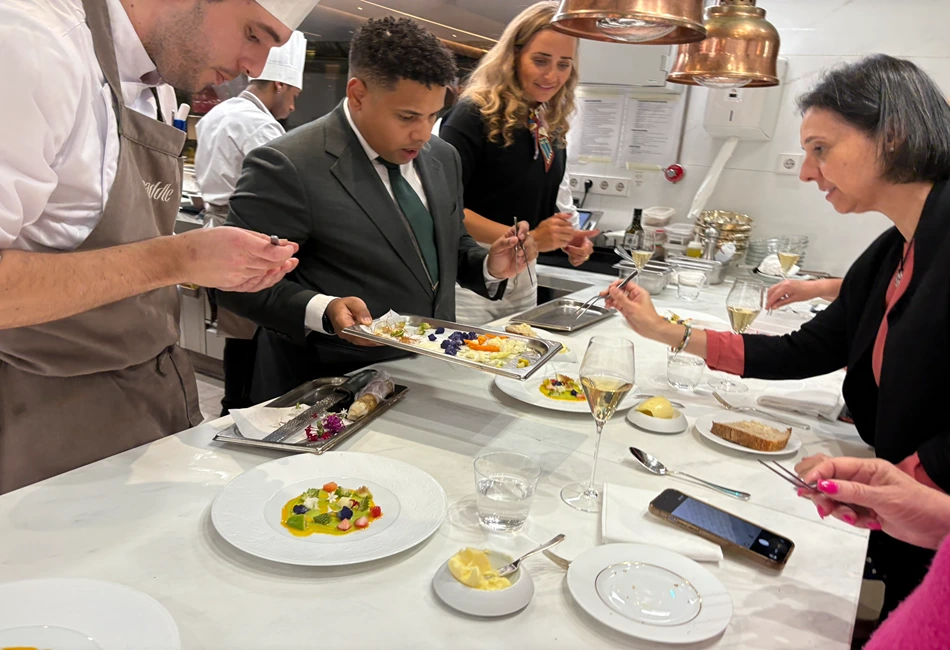Follow this time-tested advice to prevent rumbling and grumbling within your group.
How you handle food and drink arrangements on your spiritual journey will go a long way towards a successful trip outcome. The advice below outlines some critical factors to determine both in the pre-planning of meals and on-the-road protocol.
Navigating Religious Tours: Mastering the Art of Meal Planning with 8 Expert Tips
Embarking on a spiritual journey involves more than just the destination; it’s also about the sustenance that fuels the soul. Here are eight comprehensive meal planning tips to ensure a seamless and gratifying experience for your religious tour group.
-
Inclusive Meal Breakdowns in Itinerary: Crafting Culinary Expectations
One key to a successful religious tour lies in transparency. Clearly outline what meals are included in the trip price by marking B, L, or D at the end of each day on the itinerary. Provide members with a pre-departure itinerary to manage expectations and prevent dissatisfaction.
Related: Finding the Right Religious Retreat Center For Your Group
-
The Breakfast Conundrum: Balancing Convenience and Elaboration
Delve into the breakfast specifics. Will it be continental or full? Define the parameters, whether it’s a quick grab-and-go hotel buffet or a leisurely sit-down affair. Time your morning rituals accordingly, considering the pace of your day.
-
Lunch Logistics: Freedom vs. Group Dynamics
Determine if lunch will be an individual endeavor or a communal experience. While on-your-own lunches offer flexibility, group lunches at special locations can foster a sense of unity. Strategically coordinate with the itinerary to strike the right balance.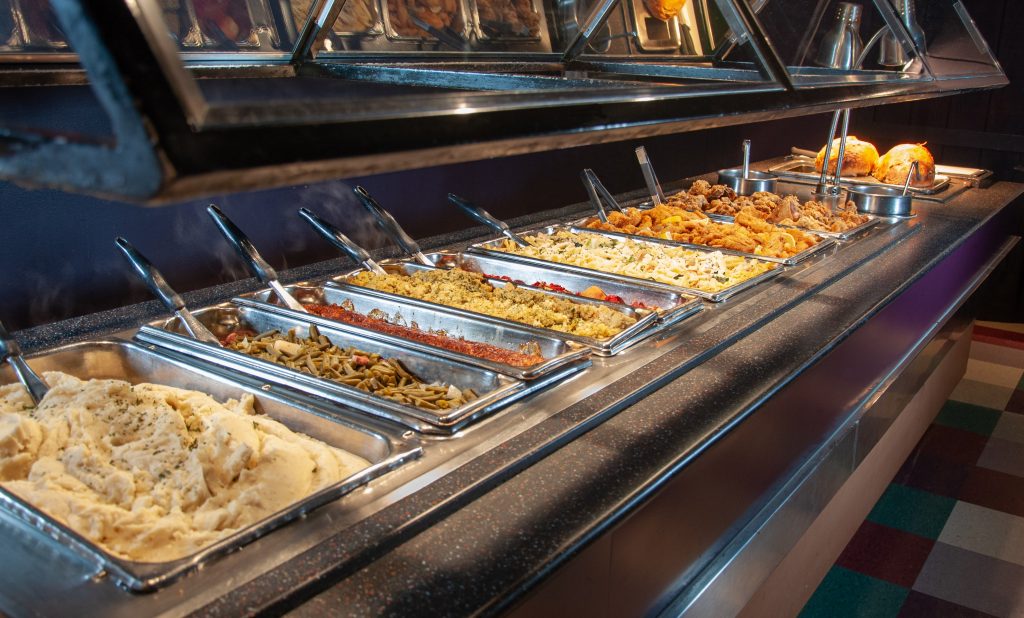
-
Dinner Dilemmas: Buffet vs. Plated Choices
Explore the dynamics of dinner service. Opt for variety to keep things interesting, especially on lengthy journeys. Strike a balance between buffet-style and plated choices to cater to diverse preferences and avoid monotony.
-
Managing Large Group Dynamics: Navigating Restaurant Challenges
Acknowledge the challenges large groups pose to restaurant logistics. Plan ahead to avoid delays, especially when individual meal choices are involved. Communicate with restaurants to ensure a smooth process, understanding the need for additional preparation time for larger groups.
Read more about religious tourism – 11 Overlooked Religious Sites of Europe
-
Proactive Dietary Planning: Catering to Individual Needs
Anticipate and accommodate dietary restrictions and allergies within the group. Incorporate this information into the reservation process and consistently remind members through pre-tour departure materials. Proactive planning ensures everyone’s needs are met.
-
Faith-Based Culinary Standards: Guiding Meat Preferences
Align your meal choices with the dietary standards of your faith. Communicate preferences regarding meats to be served, ensuring that restaurants are aware of and respect these guidelines.
-
Libations and Limitations: Addressing Alcohol Preferences
Clarify whether alcoholic beverages will be part of the dining experience and, if so, set limits. Conversely, if your group abstains from alcohol, communicate this preference to dining establishments in advance, maintaining alignment with your collective values.
At the end of the day, meticulous meal planning is a cornerstone of a successful religious tour. By considering these eight tips, you can ensure that the culinary aspect of your journey becomes a harmonious and enriching part of the overall spiritual experience.
Subscribe to our weekly newsletter for more trip ideas and planning inspiration.


